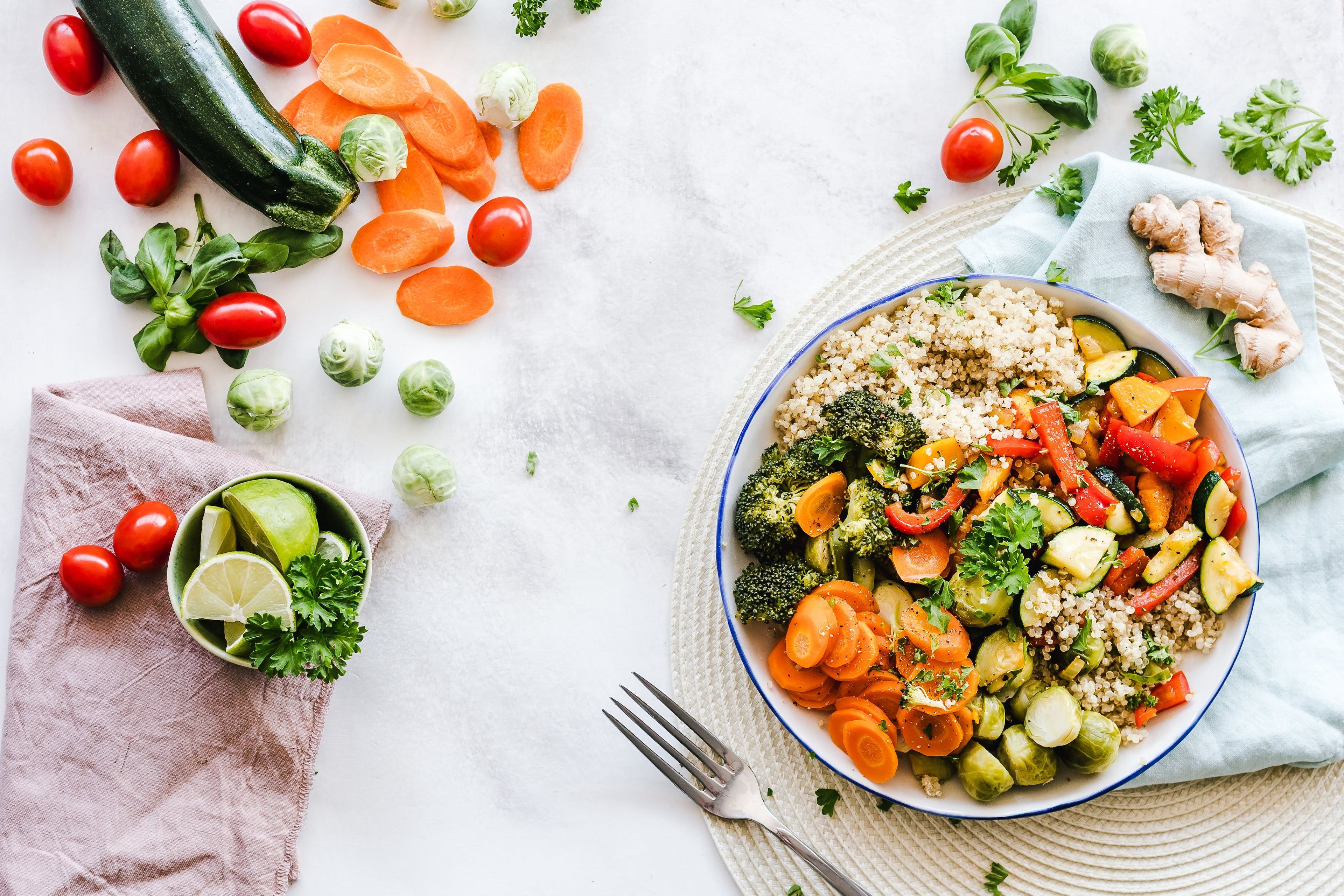From apples and potatoes to strawberries and sprouts, many of our favourite staple foods are classed as seasonal produce, which means that they are only ready to be picked at certain times of the year. While the health issues associated with eating too much processed and unnatural food are well documented, what are the main reasons to introduce more seasonal produce into your diet.
What is seasonal food?
Seasonal food can generally be described as fresh fruit and vegetables that thrive according to the seasons – while a limited number of foodstuffs may be grown or harvested all year round, it’s usually best to pick or eat seasonal foods at specific times of the year. Examples of seasonal foods commonly eaten in the UK include broccoli, peppers and pears (autumn); strawberries, potatoes and leeks (summer); rhubarb, lettuce and cucumber (spring); and carrots, apples and sprouts (winter).
Why is it important to eat seasonal food?
– Health benefits – The numerous health benefits of eating fresh seasonal produce are mainly due to its comparatively high nutritional value; the nutritional value of fresh fruit and veg diminishes the longer it is stored, which means you’re far more likely to reap the health benefits of eating it the sooner it’s harvested.
– Cheaper – Amidst the cost of living crisis and rapid inflation, choosing seasonal produce could prove a cheaper option at the supermarket checkout – depending on where you shop, fresh fruit and vegetables can be a bargain. Buying and cooking with fresh ingredients are certainly more cost-effective in the long run than relying on processed ready meals.
– Tastes good – While buying fresh seasonal ingredients can go a long way in reducing your shopping bills, cooking your own food at home using your favourite cookware like good quality frying pans and utensils often results in much tastier dishes than if you were to go down the frozen or ready-made route. Because seasonal food is at its best at certain times of the year by definition, fresh seasonal produce will always taste better when transported quickly and used at the right time.
– Environmentally friendly – While the production of fresh fruit and vegetables is generally more eco-friendly than large-scale meat production, choosing season food can have less of a negative impact on the environment, especially if you buy local produce that hasn’t been shipped far or packaged in plastic.
– Supports local community – While buying locally is a great way of ensuring that your food travels from the farm to your plate in a shorter time period (reducing greenhouse emissions and boosting nutritional value), it’s also a fantastic way of positively affecting your local economy and supporting local businesses – whereas many out-of-season growers used by supermarkets enable consumers to access seasonal food all year round, the supply chain does not tend to favour local farmers and grocers.


Comments are closed.